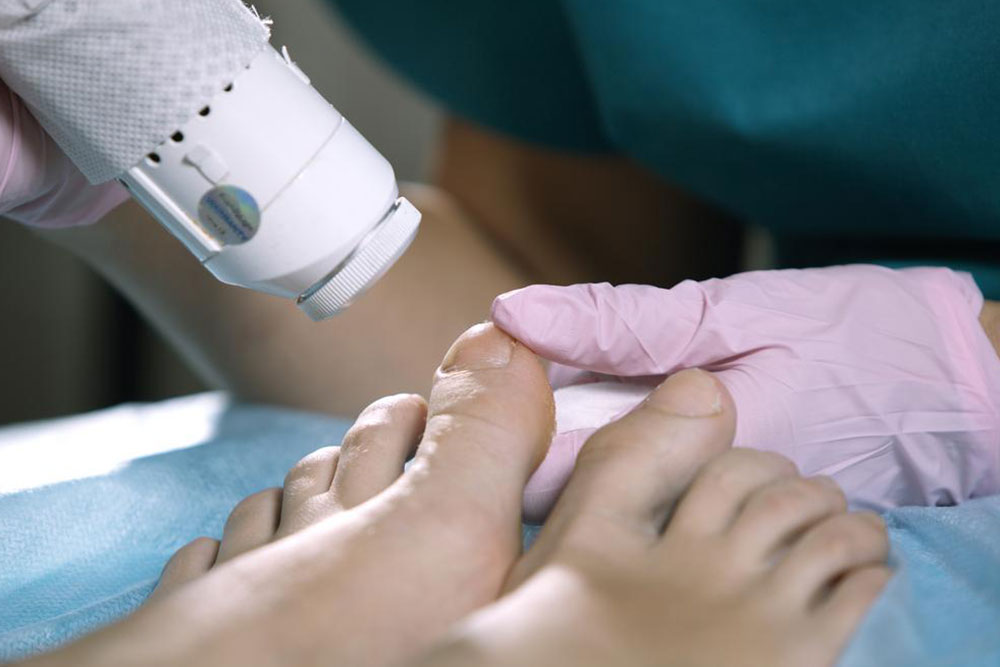Understanding the Top Causes of Common Fungal Infections
This article details the main causes of common fungal infections like athlete’s foot, ringworm, jock itch, and yeast infections. It highlights risk factors, symptoms, and preventive tips to help readers recognize and manage these conditions effectively. Early diagnosis and hygiene practices are key to avoiding complications and maintaining health.

Fungal infections arise from various fungi, some harmless and naturally present in our bodies, while others are external pathogens that can cause health issues. Increased exposure to harmful fungi or weakened immune defenses heightens infection risk. Factors like prolonged antibiotic use and compromised immunity make individuals more prone to fungal diseases.
This article outlines prevalent fungal infections, their origins, and contributing risks. Conditions such as athlete’s foot, ringworm, jock itch, and yeast infections are widespread but often preventable through proper hygiene and awareness. Identifying symptoms and sources allows for timely treatment and prevention.
Athlete’s Foot affects the feet, presenting symptoms like itching, redness, swelling, and bumps, especially in warm, humid conditions. Common among athletes, it can also impact anyone wearing tight shoes or using shared facilities like showers.
Ringworm is a contagious skin fungal infection characterized by circular, itchy, red patches that can appear anywhere on the body, spreading through contact with infected individuals, objects, or pets.
Jock Itch (Tinea cruris) occurs in moist areas like the groin and inner thighs, causing itching and redness. It spreads via contact with infected persons or contaminated items.
Yeast Infections, caused by fungi like candida, produce red, itchy rashes mainly in moist regions such as the armpits and groin. Risk factors include diabetes, obesity, and antibiotic use. These infections are non-contagious.
Vaginal Yeast Infection affects women when the natural yeast-bacteria balance in the vagina is disturbed, leading to symptoms like pain and itching. Recurrent episodes are common and require prompt treatment to prevent complications.
Most fungal infections are treatable and rarely cause severe health issues if diagnosed early. Good hygiene practices and awareness of risk factors are crucial for prevention.
Disclaimer: This content aims to educate but does not replace professional medical advice. Consult a healthcare provider for accurate diagnosis and treatment. The site disclaims responsibility for inaccuracies from external sources.


